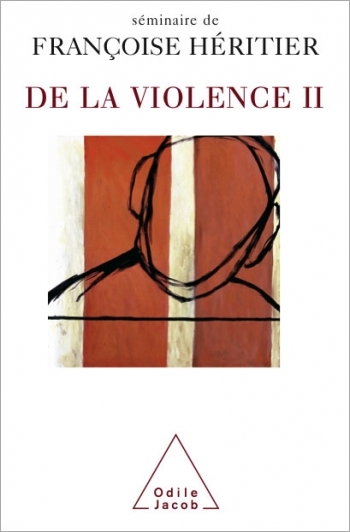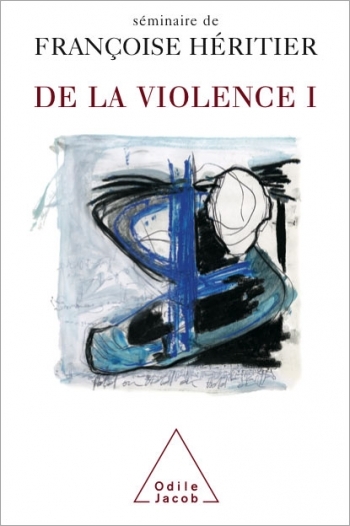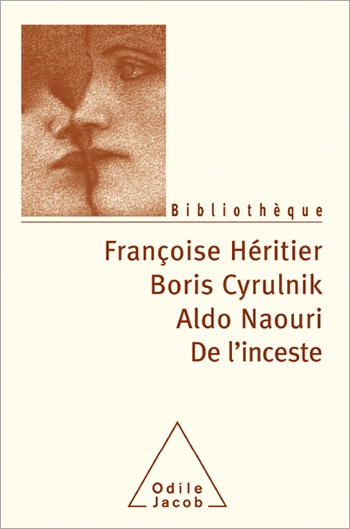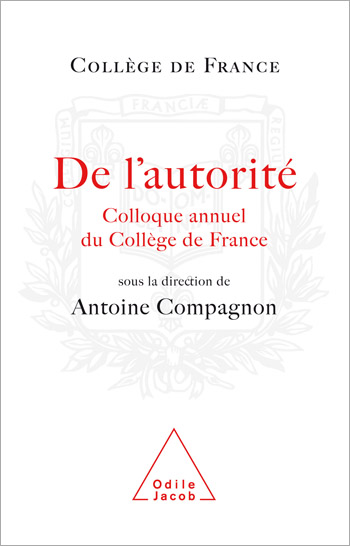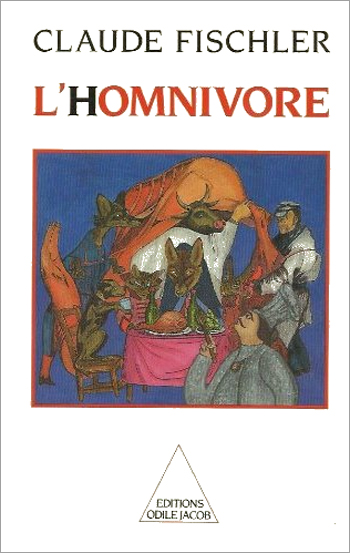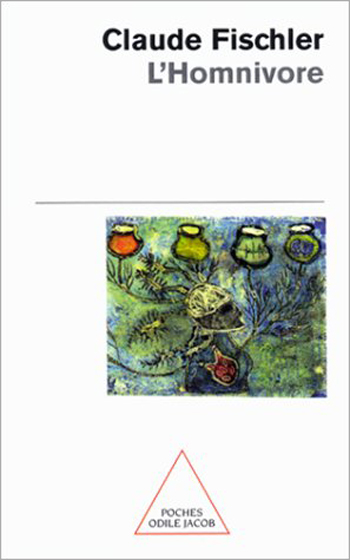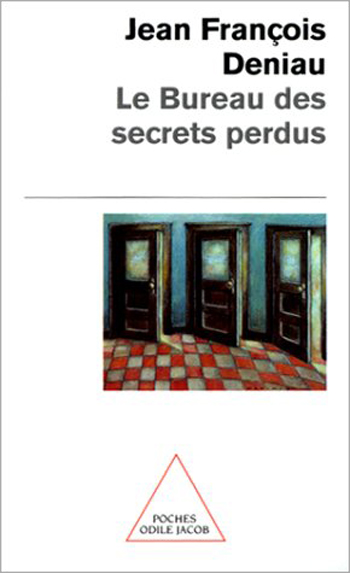Human Sciences All books

Françoise Héritier
On Violence II
In this new volume, anthropologists, biologists, psychoanalysts and political scientists continue their interdisciplinary examination of violence. What are our links with the animal world? Is the animal metaphor relevant when discussing violent acts committed by human beings against other human beings? What is the relationship between pain and violence? What part does violence play in social relations? What is nonviolence? Could the concept of nonviolence enable us to develop a universal ethical system? Françoise Héritier is an honorary professor at the Collège de France.

Françoise Héritier
On Violence A Seminar
How can violence can be put in the service of religion ? What political gains can be made from cruelty ? How does a belief system encompassing hatred end in the massacre of entire populations ? Through reflections on, amongst other things, the Bible, Muslim law, the situation in Colombia, the ethnic cleansing in the former Yugoslavia and the genocide of the Rwandan Tutsi, this book, the product of a seminar organised at the Collège de France by Françoise Héritier in 1995, benefits from a multi-disciplined approach in order to identify and understand a phenomenon which has occasionally plunged societies into a destructive frenzy. Françoise Héritier is a professor at the Collège de France where she heads the Laboratory of Social Anthropology.
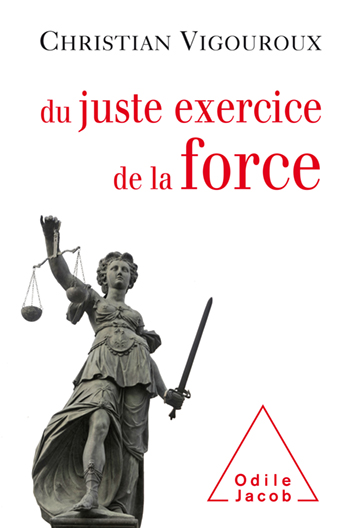
Christian Vigouroux
On the Need for Using Force …As long as there are guidelines
An incisive essay on what democracies can do when faced with violence. Thoughtful comments that add depth to current debates about security and respecting freedom. A talented essay-writer who combines political musings and literary references. The author’s high political office grants him a particular legitimacy for commenting on these subjects.
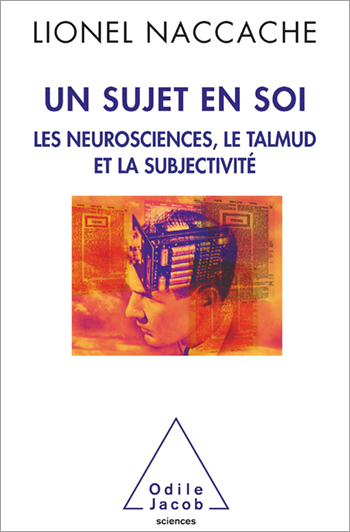
Lionel Naccache
On Being a Subject in Oneself The Talmudic Experience of Spirituality
What does it mean to be oneself? What does it mean to believe? An exploration of the neuroscience and philosophy of subjectivity
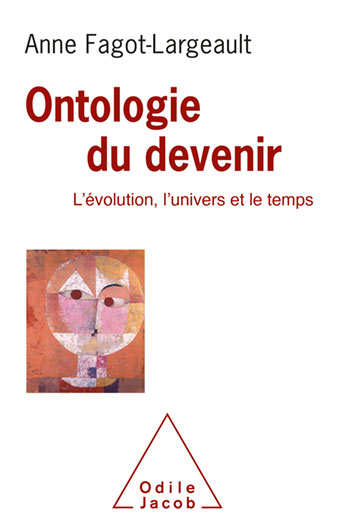
Anne Fagot-Largeault
On Becoming, Evolution, and Time
A book of philosophy in which both the general public and specialists will find material for enlightenment and enrichment.
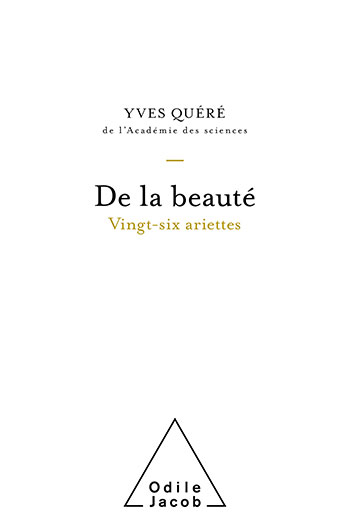
Yves Quéré
On Beauty Twenty-Six Ariettas
Does beauty reside in aesthetic contemplation, intellectual depth, technical achievement? Twenty-six intersecting miscellanea for intellectual happiness.

Jean-François Deniau
The Office of Lost Secrets
La Rochefoucauld once wrote that "neither the sun nor death can be stared at. " The French moralist could have added that truth also can be blinding. Deniau examines several particularly spectacular cases throughout history and under a variety of political regimes, where leaders in the upper echelons of civil and military power have refused to face the truth. He studies major cases in the fields of espionage and international relations, proposing new interpretations of some of these cases, including of the Dreyfus affair. Jean-François Deniau is the author of numerous best-sellers, and a member of the Académie Française.
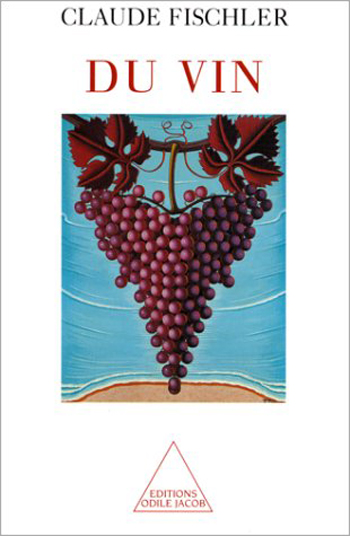
Claude Fischler
Of Wine
The true wine lover is a rare breed. He doesnt pontificate, instead he asks questions and reflects. When faced with a pompous connoisseur he shuts his eyes so he can sip and taste undisturbed. Which of the two categories do you belong to, reader? Are you a true lover of Bordeaux or a connoisseur of burgundy? What is it that you like about wine? Is it the knowledge that surrounds it or the pleasure it affords? Is it the prestige of a label or the authenticity of its origin? What do all these categories really stand for? The mythology of wine is examined and deciphered in loving detail. Claude Fischler is a sociologist and researcher at Frances Centre National de la Recherche Scientifique.
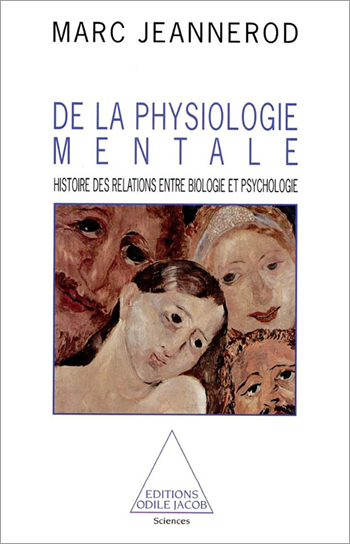
Marc Jeannerod
Of Mental Physiology A History of the Relationship Between Biology and Psychology
A relative newcomer to the world of science, psychology gives rise to a rivalry between two older siblings, philosophy and biology. This enduring conflict between materialism and spiritualism, which continues today in other forms, without adoubt was the driving force behind its progress. What we know today about the spirit is a result of this history. Biology and psychology have shaped each other in turn. This book represents a riveting study on how two centuries of spiritual quarrelling made possible the modern attempt to establish the inner workings of the mind. A professor of physiology at the Université Claude Bernard, Marc Jeannerod is also the director of an Inserm neurological research team in Lyon.

